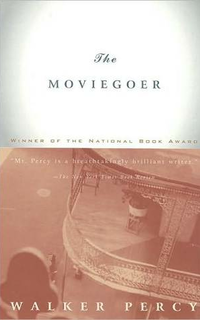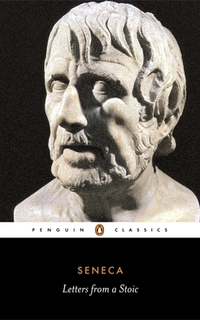Collection
Books To Base Your Life on by Ryan Holiday
''I used to go around and ask every smart person I met—even emailing important people I didn’t know— “What books do you recommend to a kid like me?” That’s how I was introduced to the Stoics. That’s how I found many of the books on the list below. The quake books—as Tyler Cowen put it—that shake you to your core. Having been introduced to them by those kind, patient individuals, I thought I would pay it forward by putting together a list of the books that have shaken up my life and that have helped make me the person that I am. It’s a list that has changed over time—and will continue to change—but it’s a good enough place to start. Pick one of them up and let it lead you to another. And then when you come to a dead end, come back to the list. And don’t forget to sign up for my Reading List Email which recommends a new set of life changing books each month.'' - Ryan Holiday
To me, this is not only one of greatest books ever written but perhaps the only book of its kind. Just imagine: the private thoughts of the most powerful man in the world, admonishing himself on how to be better, more just, more immune to temptation, wiser. It is the definitive text on self-discipline, personal ethics, humility, self-actualization and strength. If you read it and aren’t profoundly changed by it, it’s probably because as Aurelius says “what doesn’t transmit light creates its own darkness.” You HAVE to read the Hays’s translation. If you end up loving Marcus, go get The Inner Citadel (Amazon) and Philosophy as a Way of Life (Amazon) by Pierre Hadot that studies the man (and men) behind the work. And if you want more on the topic, Marcus inspired my book The Obstacle is the Way (Amazon).
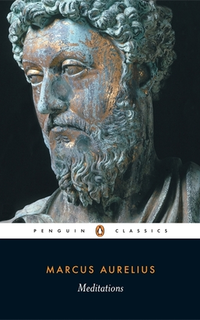
After Marcus Aurelius, this is one of my favorite books. While Marcus wrote mainly for himself, Seneca had no trouble advising and aiding others. In fact, that was his job—he was Nero’s tutor, tasked with reducing the terrible impulses of a terrible man. His advice on grief, on wealth, on power, on religion, and on life are always there when you need them. Seneca’s letters are the best place to start, but the essays in On the Shortness of Life (Amazon) are excellent as well. You can draw a pretty straight line from Seneca to the essays of Montaigne (also read: How To Live (Amazon), a biography of Montaigne) to the modern day writings of Nassim Nicholas Taleb (read: The Black Swan (Amazon), Fooled By Randomness (Amazon) and The Bed of Procrustes (Amazon)).
Frankl is one of the most profound modern thinkers on meaning and purpose. His contribution was to change the question from the vague philosophy of “What is the meaning of life?” to man being asked and forced to answer with his actions. He looks at how we find purpose by dedicating ourselves to a cause, learning to love and finding a meaning to our suffering. His other two books on the topic, Will To Meaning (Amazon) and Man’s Search for Ultimate Meaning (Amazon) have gems in them as well.
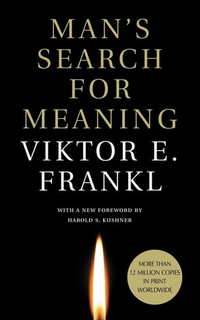
There is no living writer (or person) who has been more influential to me than Robert Greene. I met him when I was 19 years old and he’s shaped me as a person, as a writer, as a thinker. You MUST read his books. His work on power and strategy are critical for anyone trying to accomplish anything. In life, power is force we are constantly bumping up against. People have power over us, we seek power ourselves that we might be free enough and influential enough to accomplish our goals—so we must understand where power comes from, how it works and how to get it. But pure power is meaningless. It must be joined to mastery and purpose. So read his book Mastery (Amazon) so that you can figure your life’s task and how to dedicate yourself to it.
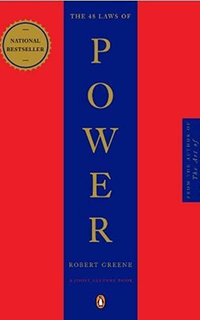
There is no living writer (or person) who has been more influential to me than Robert Greene. I met him when I was 19 years old and he’s shaped me as a person, as a writer, as a thinker. You MUST read his books. His work on power and strategy are critical for anyone trying to accomplish anything. In life, power is force we are constantly bumping up against. People have power over us, we seek power ourselves that we might be free enough and influential enough to accomplish our goals—so we must understand where power comes from, how it works and how to get it. But pure power is meaningless. It must be joined to mastery and purpose. So read his book Mastery (Amazon) so that you can figure your life’s task and how to dedicate yourself to it.
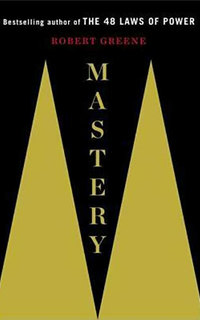
These two books of letters are great—I wish my father had written me stuff this good. The first book is the (supposedly) preserved correspondence between Old Gorgon Graham, a self-made millionaire in Chicago, and his son who is coming of age and entering the family business. The letters date back to the 1890s but feel like they could have been written in any era. Honest. Genuine. Packed with good advice. Chesterfield wrote his letters to his illegitimate son, tutoring him on how to learn, how to think, how to act, how to deal with important people. I don’t agree with all his advice but most of it is great.
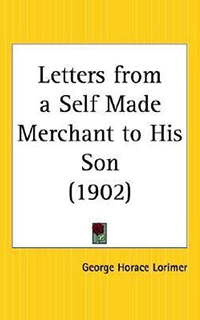
In terms of business/economics, this is one of the more important books I’ve read in a long time. I even keep a framed passage from it on my wall (it also inspired the a piece of writing I am proud of). Cowen’s books have always been thought provoking, but this one changes how you see the future and help explain real pain points in our new economy–both good and bad. Although much of what Cowen proposes will be uncomfortable, he has a tone that borders on cheerful. I think that’s what makes this so convincing and so eye opening. A hollowing out is coming and you’ve got to prepare yourself (and our institutions) as best you can.
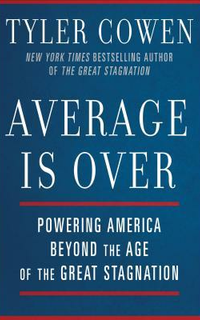
It was wonderful to read these two provocative books of essays by two incredibly wise and compassionate women. Cheryl Strayed, also the author of Wild (Amazon), was the anonymous columnist behind the online column, Dear Sugar and boy, are we better off for it. This is not a random smattering of advice. This book contains some of the most cogent insights on life, pain, loss, love, success, youth that I have ever seen. I won’t belabor the point: read this book. Thank me later. Anne Lamott’s book is ostensibly about the art of writing, but really it too is about life and how to tackle the problems, temptations and opportunities life throws at us. Both will make you think and both made me a better person.

It was wonderful to read these two provocative books of essays by two incredibly wise and compassionate women. Cheryl Strayed, also the author of Wild (Amazon), was the anonymous columnist behind the online column, Dear Sugar and boy, are we better off for it. This is not a random smattering of advice. This book contains some of the most cogent insights on life, pain, loss, love, success, youth that I have ever seen. I won’t belabor the point: read this book. Thank me later. Anne Lamott’s book is ostensibly about the art of writing, but really it too is about life and how to tackle the problems, temptations and opportunities life throws at us. Both will make you think and both made me a better person.
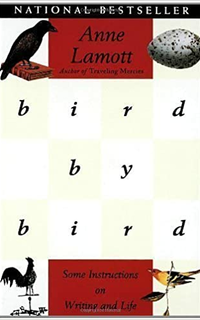
A few years ago, I read The Education of a Coach (Amazon), a book about Bill Belichick which influenced me immensely (coincidentally, the Patriots have also read my book and were influenced by it). Anyway, I have been chasing that high ever since. Bill Walsh’s book certainly met that high standard. Even if you’ve never watched a down of football, you’ll get something out of this book. Walsh took the 49ers from the worst team in football to the Super Bowl in less than 3 years. How? Not with a grand vision or pure ambition, but with what he called the Standard of Performance. That is: How to practice. How to dress. How to hold the ball. Where to be on a play down the very inch. Which skills mattered for each position. How much effort to give. By upholding these standards—whatever they happen to be for your chosen craft—success will take care of itself.
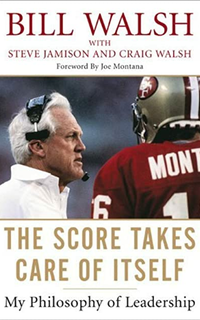
I’m amazed how many young people haven’t read this book. Truly life-changing. This is the classic of my generation; it is the book that defines our age and ultimately, how to find meaning in it. It’s a cautionary tale too—about being too caught up in revolutionary ideas.
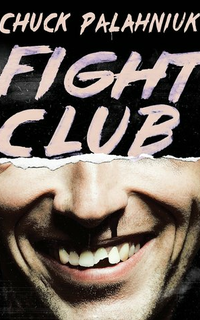
The Moviegoer is exactly the novel that every young kid stuck in their own head needs to read. The main character—who lives in New Orleans just a few blocks from where I lived—is so in love with the artificiality of movies that he has trouble living his actual life. The Moviegoer—it is like a good Catcher in the Rye (Amazon) but for adults. Just a perfect book. An equal cautionary tale: The Sorrows of Young Werther (Amazon) by Goethe.
